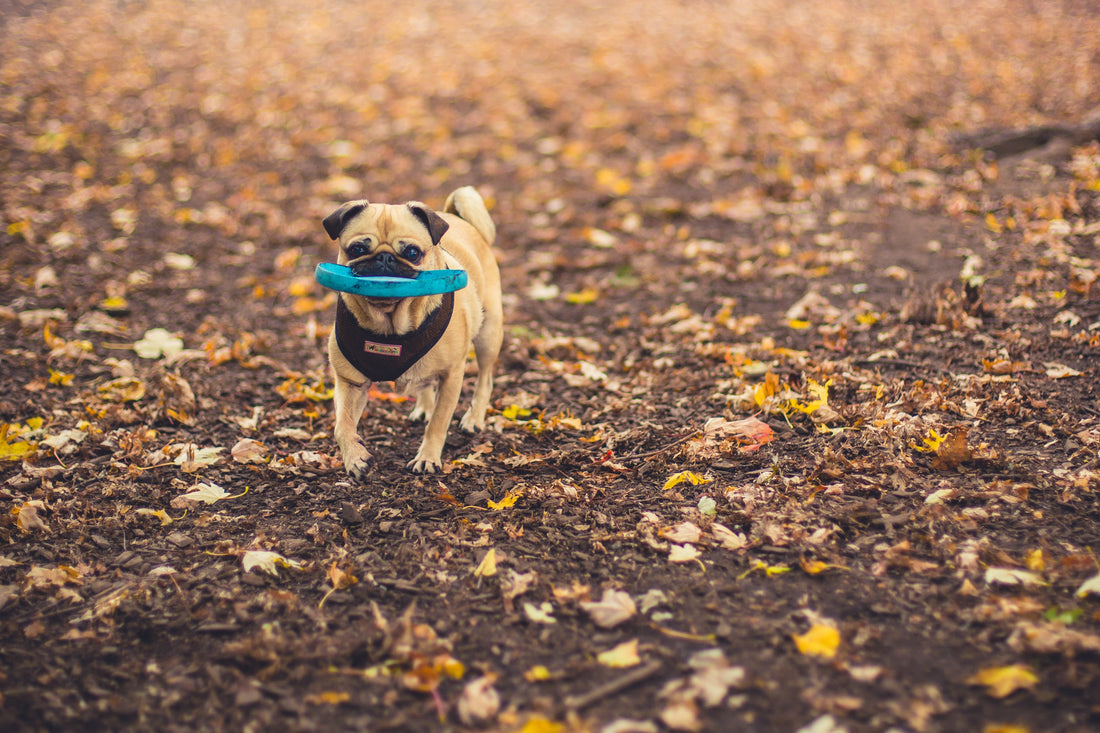
Gentle Behavior Correction Tips for Your Dog
parksangjunFrom a Veterinarian’s Perspective
Hello, pet parents! 👋
As a veterinarian, I often meet loving dog owners who feel frustrated or confused about their dog’s behavior. First, please know that you’re not alone—and most doggy “problems” can be gently improved with the right approach. Here are my favorite, vet-approved tips for helping your furry friend become their best self!
1. Start With Understanding, Not Punishment
Every behavior has a reason. Is your dog barking, chewing, or jumping? Try to find the cause—boredom, anxiety, excitement, or even a medical issue.
Tip: Keep a diary of when unwanted behaviors happen. Patterns can reveal hidden causes!
2. Reward the Good—Ignore the Bad (When Safe)
Dogs repeat what gets them attention or rewards.
- Do: Praise and treat your dog when they behave well, even for small things.
- Don’t: Yell or scold for attention-seeking behaviors—this can make things worse.
- Example: If your dog jumps up, calmly turn away. When they sit, reward with a treat and affection.
3. Consistency Is Key
Everyone in your home should respond to behaviors in the same way. Mixed messages confuse dogs!
- Make simple house rules (for example: “No jumping on the sofa”) and stick to them.
4. Redirect, Don’t Just Say “No”
If your dog is doing something you don’t like, gently redirect them to a positive behavior.
- Example: Chewing shoes? Offer a favorite toy instead.
- Tip: Always praise when they make the right choice.
5. Short, Positive Training Sessions
Dogs learn best with brief (5–10 minute) sessions packed with encouragement.
- Use treats, toys, and lots of happy praise.
- Practice daily—consistency builds confidence!
6. Exercise and Mental Stimulation Matter
A tired dog is a well-behaved dog!
- Make sure your pup gets enough walks, playtime, and brain games.
- Try food puzzles, new tricks, or hide-and-seek with treats.
7. Stay Calm and Patient
Dogs pick up on our emotions. If you’re calm and positive, your dog will feel safer and more eager to learn.
- Progress may be slow at first—celebrate small wins together!
8. When in Doubt, Ask for Help
Some behaviors are challenging (like aggression or severe anxiety). Please don’t hesitate to consult your veterinarian or a professional trainer.
- We’re here to help you and your dog succeed—never feel embarrassed to reach out!
Remember: Every dog is unique, and building good habits takes time. Be kind, be patient, and enjoy the journey with your best friend!
If you have any questions or want tailored advice, feel free to leave a comment or visit the clinic.
Wishing you and your pup lots of happy, healthy days ahead! 🐾
Dr. Sangjun
Veterinarian & Dog Lover